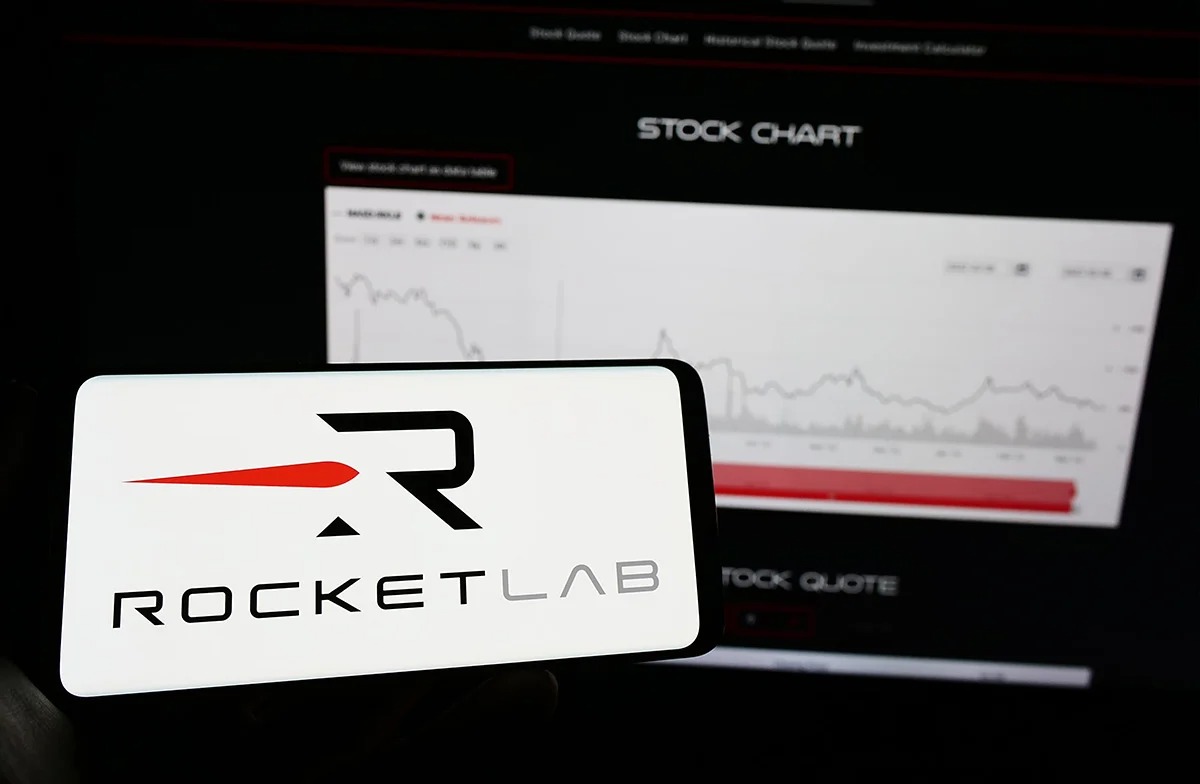The US Commerce Department announced Monday it will provide nearly $60 million in semiconductor manufacturing subsidies to BAE Systems and Rocket Lab, bolstering domestic production of critical components for defense and space applications.
BAE Systems will receive $35.5 million to expand its semiconductor chip production in New Hampshire. The funding aims to quadruple the company’s output of chips used in F-35 fighter jets and commercial satellites. This investment will cut BAE’s planned modernization timeline in half, according to Commerce Department officials.
The chips produced by BAE are essential components for both F-15s and F-35s. The Pentagon has outlined plans to invest $1.7 trillion in the F-35 program, including the purchase of 2,500 aircraft over the coming decades.
Rocket Lab’s subsidiary, SolAero Technologies Corp, will receive $23.9 million to increase its production of space-grade solar cells. The funding is expected to boost production capacity by 50% over the next three years. The company’s solar cells are currently used in various US space programs, including the James Webb Space Telescope and NASA’s Artemis lunar missions.
The news sparked investor interest, with Rocket Lab’s shares rising 14% in pre-market trading Monday. The company’s stock received additional support from Roth MKM, which raised its price target to $30 from $25 while maintaining a Buy rating.
The funding announcement coincided with a notable operational achievement for Rocket Lab. The company successfully completed two launches in less than 24 hours from facilities in different hemispheres, setting a new company record for launch turnaround time.
The first launch took place from Launch Complex 2 in Virginia, followed by the “Ice AIS Baby” mission from Launch Complex 1 in Mahia, New Zealand. The second launch deployed five satellites to low Earth orbit for French IoT constellation operator Kinéis.
This dual success marked Rocket Lab’s 14th mission of 2024 and its 56th launch overall. The company has now deployed 203 satellites, strengthening its position as the leading small launch vehicle provider globally.
The Commerce Department’s awards are part of the Biden administration’s $52.7 billion “Chips and Science” program. Commerce Secretary Gina Raimondo has indicated that the department is working to complete as many agreements as possible under the current administration.
These latest awards follow recent major funding announcements, including a $6.6 billion subsidy for Taiwan Semiconductor Manufacturing Co’s US unit and a $1.5 billion subsidy for GlobalFoundries to expand semiconductor production in New York and Vermont.
The “Ice AIS Baby” mission represents the third of five planned Electron launches for Kinéis. The French company’s constellation aims to enable global IoT connectivity, supporting applications such as forest fire detection, water resource management, and logistics tracking.
Peter Beck, Rocket Lab’s founder and CEO, highlighted the company’s launch achievement: “Two successful launches less than 24 hours apart from pads in different hemispheres. That’s unprecedented capability in the small launch market.”
Alexandre Tisserant, Kinéis CEO, praised the mission’s success, noting that 15 Kinéis satellites are now in orbit. The deployment advances their goal of providing near-real-time data transmission globally.
The program targets a reduction in U.S. dependence on foreign semiconductor manufacturing while strengthening domestic supply chains for critical defense and space applications.












